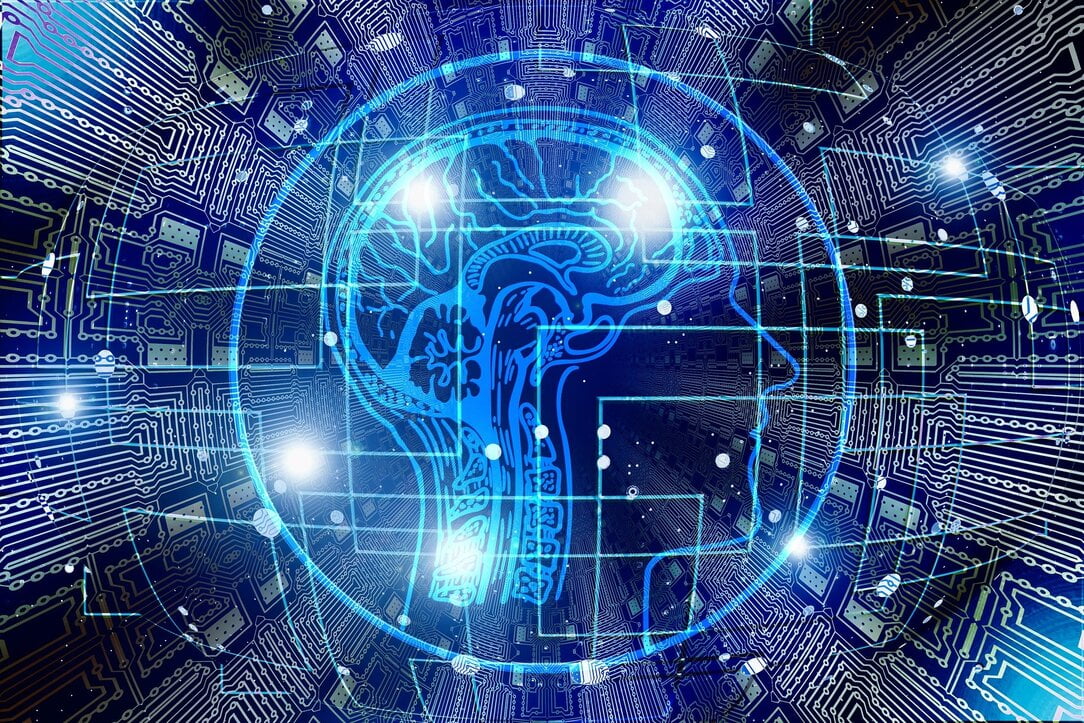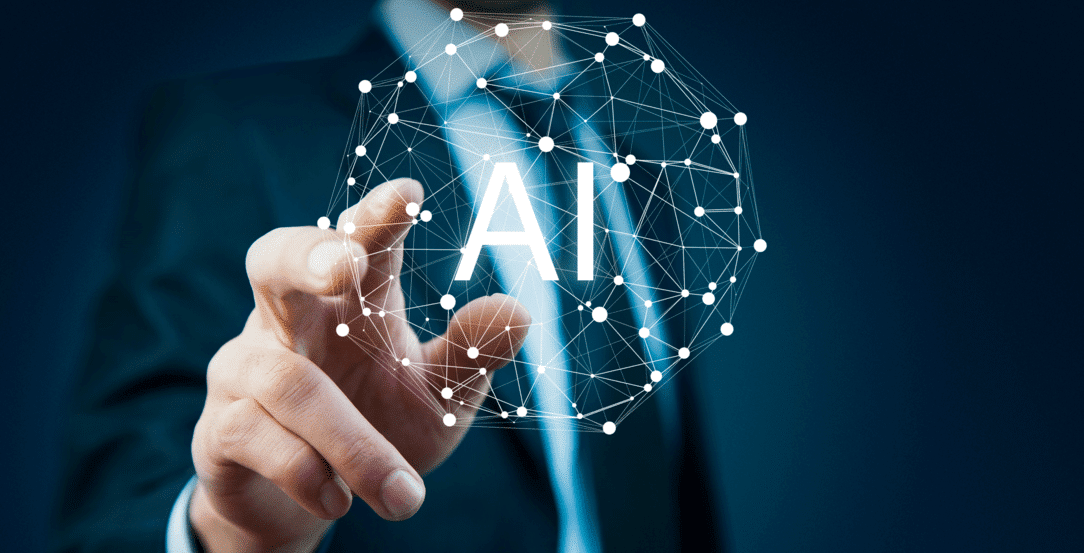The Learning Management System industry is growing rapidly. The specificity of the current labor market has a huge impact on this – the need for continuous training; acquiring new, usually digital skills; and often a gradual change of the professional profile. For employers, retraining a good, loyal employee can be much more profitable than starting a costly recruitment process. At the same time, managers see a growing need to improve company processes and maximize their efficiency. The more people employed in the organization, the more time it takes to train them and answer their standard questions and problems – that could be handled by an AI-powered platform.
If you’re a business owner, regardless of its size, or if you deal with HR or team management, this article is for you. You will learn how to use remote education platforms to speed up the processes related to employee on-boarding, how to manage the growth of knowledge in an organization in an automated way, and you will learn what AI-based smart education really is.
What is LMS?
This abbreviation will soon certainly settle in most industries – from manufacturing to communication. LMS, i.e. Learning Management System, can also be referred to as an e-learning platform or an educational platform (remote education). When it mainly serves the recruitment and on-boarding processes of new employees, it can also be called an HR platform. All these concepts define a system that serves the same purpose – increasing knowledge in an organization in an orderly, controlled and as automated manner as possible. What is the point for a manager to explain to a new employee the rules for submitting leave requests and methods of business trips accounting for the hundredth time? After all, the briefing can be recorded once and automatically shared with new employees as soon as they join the organization. Moreover, in order to make sure the necessary information has been acquired, the supervisor can create a test and receive alerts only if someone fails.
Having a Learning Management System is beneficial regardless of the company size. Whether you employ 20 or 100,000 employees, you save key company resources, which instead of performing a repeatable task, e.g. conducting the same training for the tenth time, could develop new courses or work on the development of your business. There is a lot of similar cases in any organization and their well-arranged management saves time and money at all stages of the company’s development.
It is worth emphasizing that not only business owners, but also end users benefit from e-learning. Employees can better manage their knowledge and professional development – they can easily sign up for courses; track their progress and results; review the material if necessary – because training is gathered in one place and often available every day, at any time. The platform also gives them more opportunities to gain knowledge, because they do not have to wait for available dates and vacancies, but learn whenever they want. It is also important to obtain certificates, which, apart from being great motivators, can also be used as a bargaining chip when applying for a promotion.

AI in Learning Management System
The element of Artificial Intelligence enables training to reach a higher level in e-learning platforms – which happens more and more often. Before we discuss how exactly AI contributes to increasing the effectiveness of education, it is worth mentioning what it really is. Artificial intelligence is – in short – the ability of a system to think, analyze collected data and make decisions similar to human thought processes. Chat-bots, recommendation systems or intelligent virtual assistants are examples of solutions based on artificial intelligence in learning. AI is not intended to replace people in an organization, but to support them in numerous processes so as to increase their capabilities and improve the achieved results. Therefore, artificial intelligence can be an extremely valuable asset for an enterprise. Indeed, it allows those who invest in it now to significantly stay ahead of the competition. It can be safely said that AI is the foundation of innovation in companies and is equally willingly implemented in e-learning systems.
Due to the use of artificial intelligence, remote education platforms can gain a number of additional features and properties – unattainable with traditional methods.
Recommendation systems
Recommendation systems are a good example. Based on previous training sessions, test results, work pace, etc., the system can suggest other e-courses best suited to the user. Such courses will have the best chance of appealing to the learner and will make learning fun. Without such recommendations, learners often do not begin the next training session at all.
Tailored training
Thanks to the use of AI algorithms, it is possible to intelligently adapt the content of e-learning courses to the needs of learners. This means, for example, adjusting the form of materials to the preferences of the learner or adding an element of playability to those who like competition. Finding a suitable form is important because some people remember videos better, while others prefer to read or need more tasks to learn the material. There are personality types motivated by cooperation (then they will find more group assignments in the course), and there are personality types with more freelance traits (for them there are certificates and badges). Certain employees approach the training seriously, others acquire knowledge in the form of games and fun better. There are also those who would like to learn at home, but have a lot of responsibilities – audio versions of all text files would be helpful to them.
Thanks to artificial intelligence, teaching materials can be adapted to the preferences of users without additional human work. The system will convert audio into text and vice versa, it will assess the user’s results, and remind him or her of the next course. There is one goal – to encourage users to actively participate in the learning process and not to limit the experience to only mandatory e-learning. The key to this is personalized user experience, among other things.
Virtual tutoring
E-mentor support is important in the learning process and artificial intelligence can play a huge part in this regard. The system can answer learners’ questions (chat-bot) or it can “question” them and watch over their learning progress. This is achieved by sending notifications or inquiries about progress, notifying about a long break in learning, but also by congratulating students on successes, such as completed e-learning training sessions and obtained certificates. Especially in a large organization, supervising the processes personally is time-consuming and requires a huge commitment of many people who deal only with learning management. In this case, AI will do much of this work for us.
Monitoring and reports
Intelligent monitoring and reporting – for both individual progress and the progress of entire teams and departments – is one of the most important functions which allow the manager to assess the effectiveness of the actions taken. Reports and charts are automatically prepared based on the analysis of data collected daily. The person supervising the learning process does not have to prepare reports on their own, as they are generated automatically. They can also immediately see what area needs improvement, because the platform will notify them about issues worth paying more attention to. Are employees unable to complete the course on time? Maybe they need more time. Is the test success rate low? Perhaps less advanced training is needed. Learners do not watch videos, but read the attached materials willingly? Perhaps they don’t have the conditions to consume content with sound. Ultimately, it is the manager who draws the conclusions and implements the recovery plan, but without the AI, he or she would have to spend hours diagnosing the problem.
The necessity of continuous training or retraining, a significant turnover of employees who are not attached to one workplace like the generation of their parents – these are the challenges that modern companies have to face. By offering a range of previously unavailable solutions, AI-powered e-learning platforms are the future of education. Any company can experience positive change, regardless of its size.










